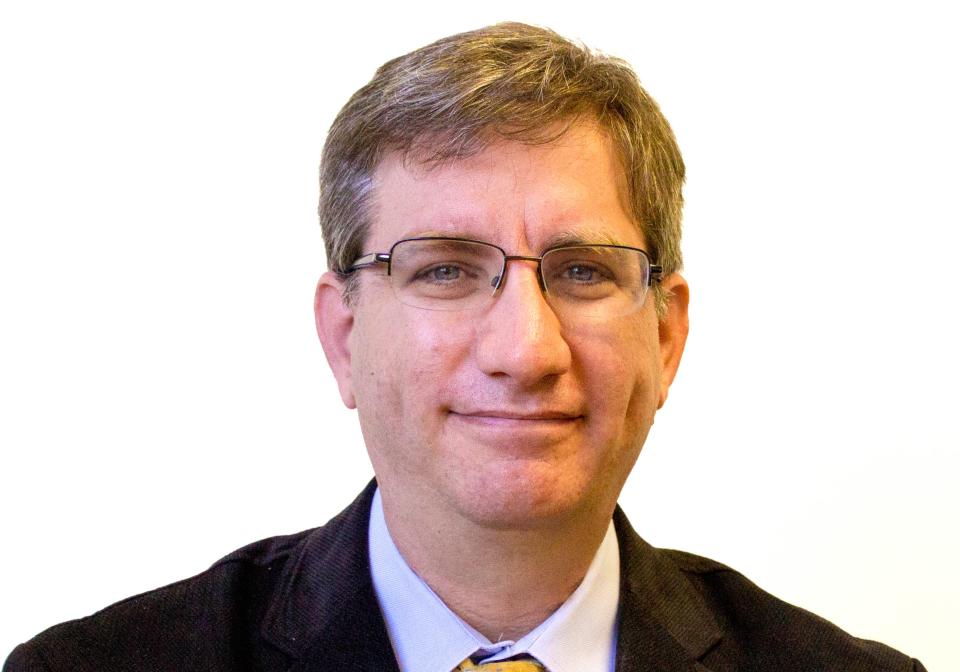Can TV news stations or people on the Internet really lie and get away with it?

Columnist Kevin Wagner is a noted constitutional scholar and political science professor at Florida Atlantic University. The discussion below does not necessarily represent the views of the university or of The Palm Beach Post.
Q. Can news stations or people on the Internet just lie about news and get away with it?
A. The United States Constitution protects free speech. The First Amendment reads in part that, “Congress can make no law respecting an establishment of religion, or prohibiting the free exercise thereof; or abridging the freedom of speech, or of the press . . . .” This is a fundamental right intended to allow the free exchange of ideas, even when those ideas are critical of the government or our elected leaders.
But, does it protect false speech? The U.S. Supreme Court has said that it does to some degree and with good reason. The First Amendment is supposed to allow “free debate,” which can at times include exaggerations and hyperbole. If the government could sanction people for exaggerations or simple false ideas, then it would cause people not to engage in debate and chill the political discussions. People would self-censor for fear of breaking the law. The U.S. Supreme Court in New York Times v. Sullivan (1964) wrote, “That erroneous statement is inevitable in free debate, and that it must be protected if the freedoms of expression are to have the "breathing space" that they "need . . . to survive.”
More Kevin Wagner:Civics Project: Can good government and artificial intelligence go hand-in-hand?
More:The Civics Project: A good day to give our constitution a little more respect, attention
More Kevin Wagner:The Civics Project: Has American politics always been this bad?

However, there are limits. The government can regulate and limit fraud, obscenity and specific instances of lying such as perjury or making false statements to law enforcement or government officials. The government can also limit false advertising. The Court has recognized that defamatory speech, or false statements about a person, is not protected speech but the First Amendment has a role here, as well. To avoid limiting or chilling speech about government or public figures, the Supreme Court in Sullivan ruled that a defamatory statement about a public official or matters of public concern must meet the standard of “actual malice” to be considered defamatory. That means that the statement was made with knowledge it was false or with a reckless disregard for whether it was false.
The desire to limit the distribution of fake or intentionally misleading information is understandable. The problem is in balancing that desire with the maintenance of an open society where people feel comfortable speaking their mind about important issues and people. U.S. courts have struck down laws that broadly attempted to limit speech and are particularly sensitive to restrictions on the viewpoints or unpopular ideas. Any restrictions generally have to be narrowly tailored to address a compelling state interest. Even then, courts will often ask if there was a way to accomplish the state’s goal without restricting free expression.
Part of the challenge today, with the Internet providing so much opportunity for speech, is that falsehoods can travel the globe with great speed and there is often little ability to correct or fix these deceptions. Current laws and regulations are clumsy tools to address the issues with modern communication technologies.
If you have a question about how American government and politics work, email Professor Kevin Wagner at kwagne15@fau.edu or reach him on Twitter @kevinwagnerphd. You can read past columns here.
This article originally appeared on Palm Beach Post: CIVICS column: Can news stations or bloggers lie and get away with it?

